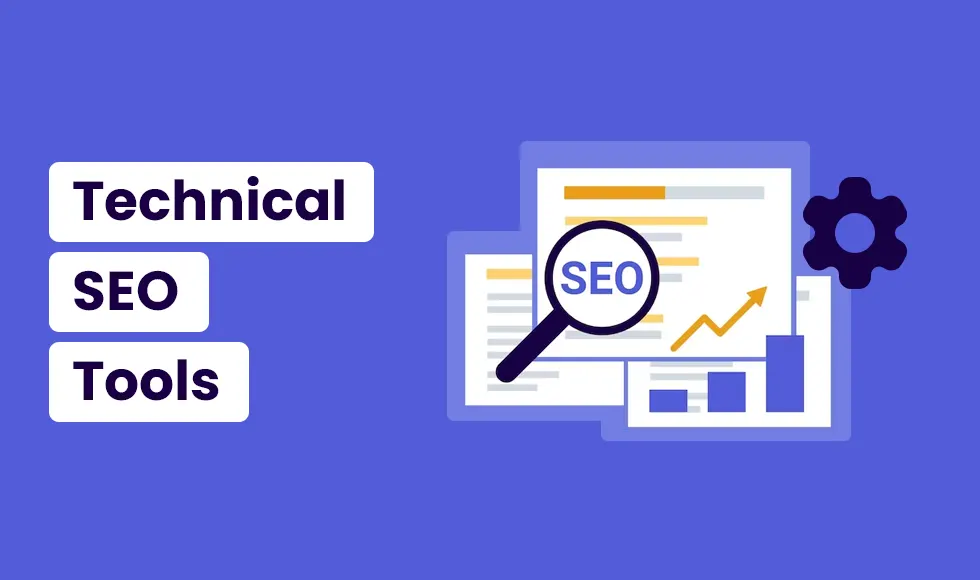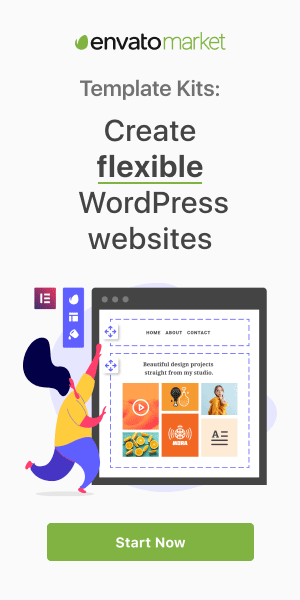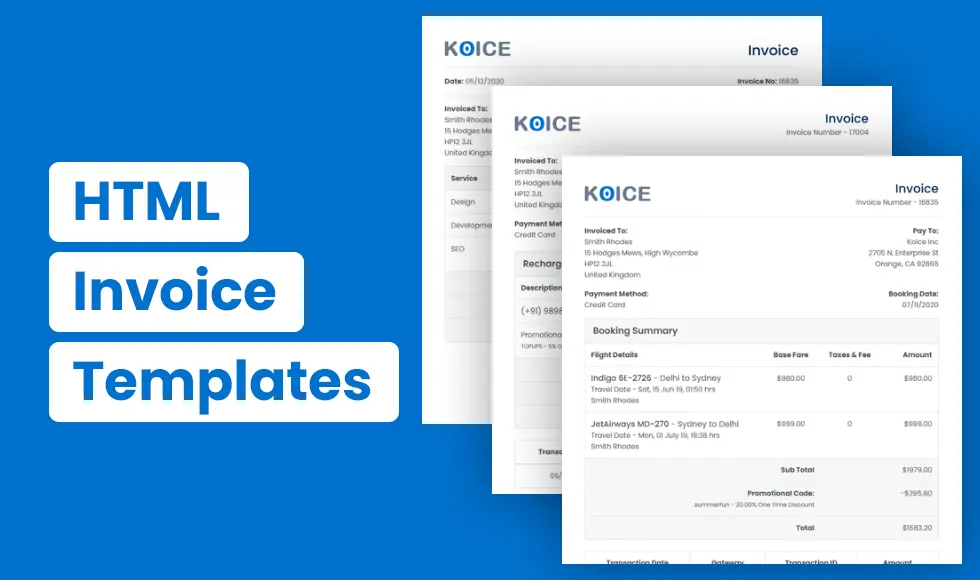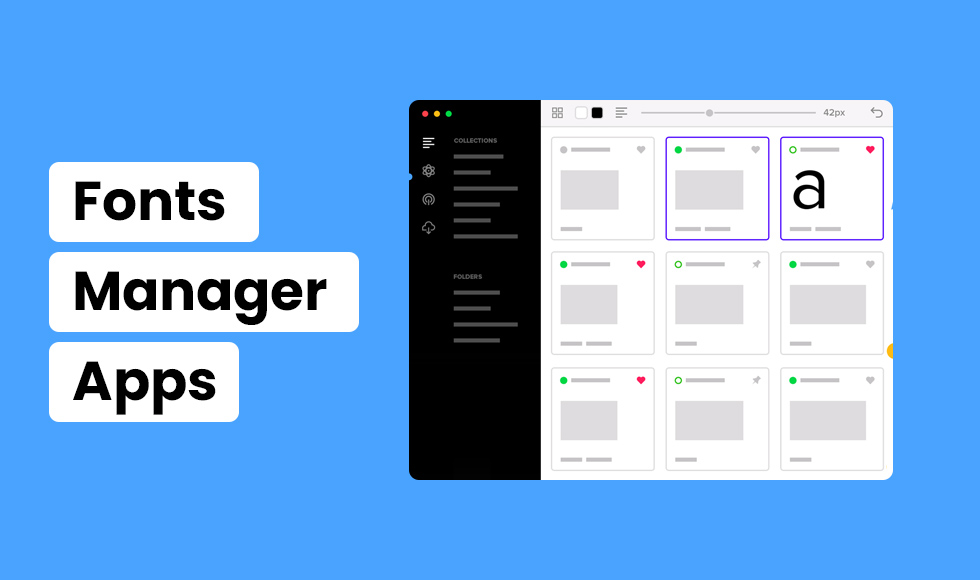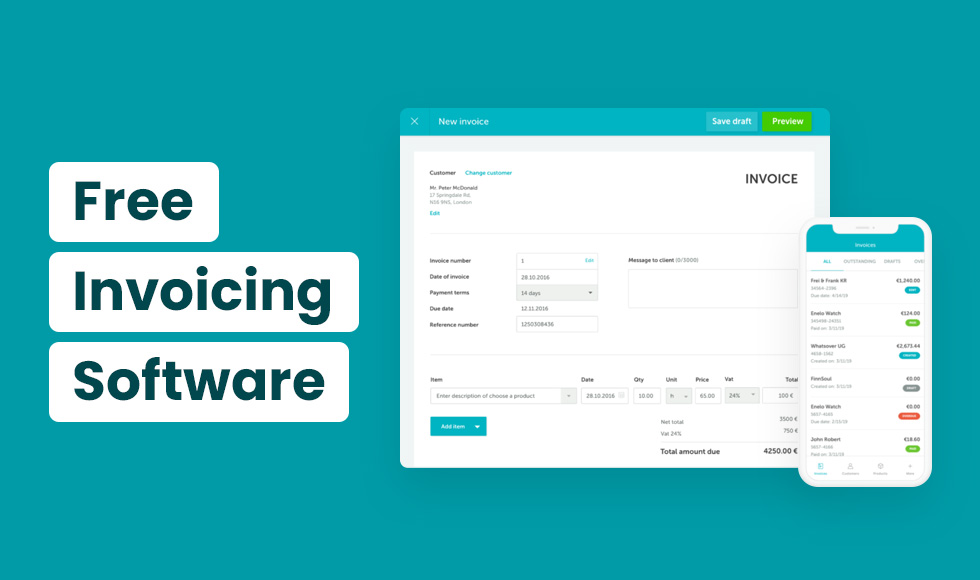In the large digital world, the success of a website depends not only on compelling content and design but also on its technical base. Technical SEO is an essential part of modern website management focusing on improving site performance, crawlability, indexing and user experience. To achieve these objectives webmasters and digital marketers trust on a variety of technical SEO audit tools. In this article, we will explore the significance of technical SEO the role of these tools in enhancing website performance and user experience, and some of the best tools available in the market.
Understanding Technical SEO
Technical SEO involves optimizing a website structure to make it more attractive to search engines leading to higher rankings and increased organic traffic. It covers a range of technical areas, including website page speed, mobile friendliness, crawlability, indexing, structured data, and more. These factors directly influence search engine bots’ ability to crawl, and index website content, ultimately affecting its visibility in search results.
In the past, SEO was mainly focused on keywords and backlinks. However, as search engines like Google continue to evolve and refine their algorithms, technical SEO has become critical. A website with exceptional content but poor technical optimization may struggle to rank well and attract the desired audience.
The Significance Of Technical SEO
Technical SEO lays the groundwork for a website’s success. It ensures that search engines can easily access, interpret, and present a site’s content to users, leading to several important benefits:
Enhanced User Experience
A well optimized website performs better in terms of loading speed, mobile friendliness, and overall user experience. When users can access and navigate a site properly, they are more likely to stay longer and engage with the content.
Improved Crawlability And Indexing
Technical SEO practices ensure that search engine crawlers can efficiently traverse a website’s pages, identifying and indexing relevant content. This leads to better visibility in search engine results, allowing the website to reach a broader audience.
Higher Search Engine Rankings
Search engines, particularly Google, reward websites with excellent technical SEO by ranking them higher in search results. As a result, these websites have a better chance of gaining organic traffic and outperforming their competitors.
Faster Page Loading Speeds
Website speed is an important factor for both user and search engine ranking. Technical SEO tools help identify performance issues and implement optimizations that lead to faster loading times.
Mobile-Friendly Experience
Having a mobile-friendly website has become essential given that the majority of internet users access the online through mobile devices. Technical SEO tools assist in ensuring websites are responsive and optimized for various screen sizes.
Rich Snippets And Structured Data
By utilizing structured data markup websites can provide search engines with additional context about their content. This can lead to the display of rich snippets in search results increasing click-through rates and improving visibility.
Technical SEO Tools
To achieve optimal technical SEO, webmasters and digital marketers employ a variety of specialized tools. Let’s explore some of the more popular and effective ones:
Google Search Console
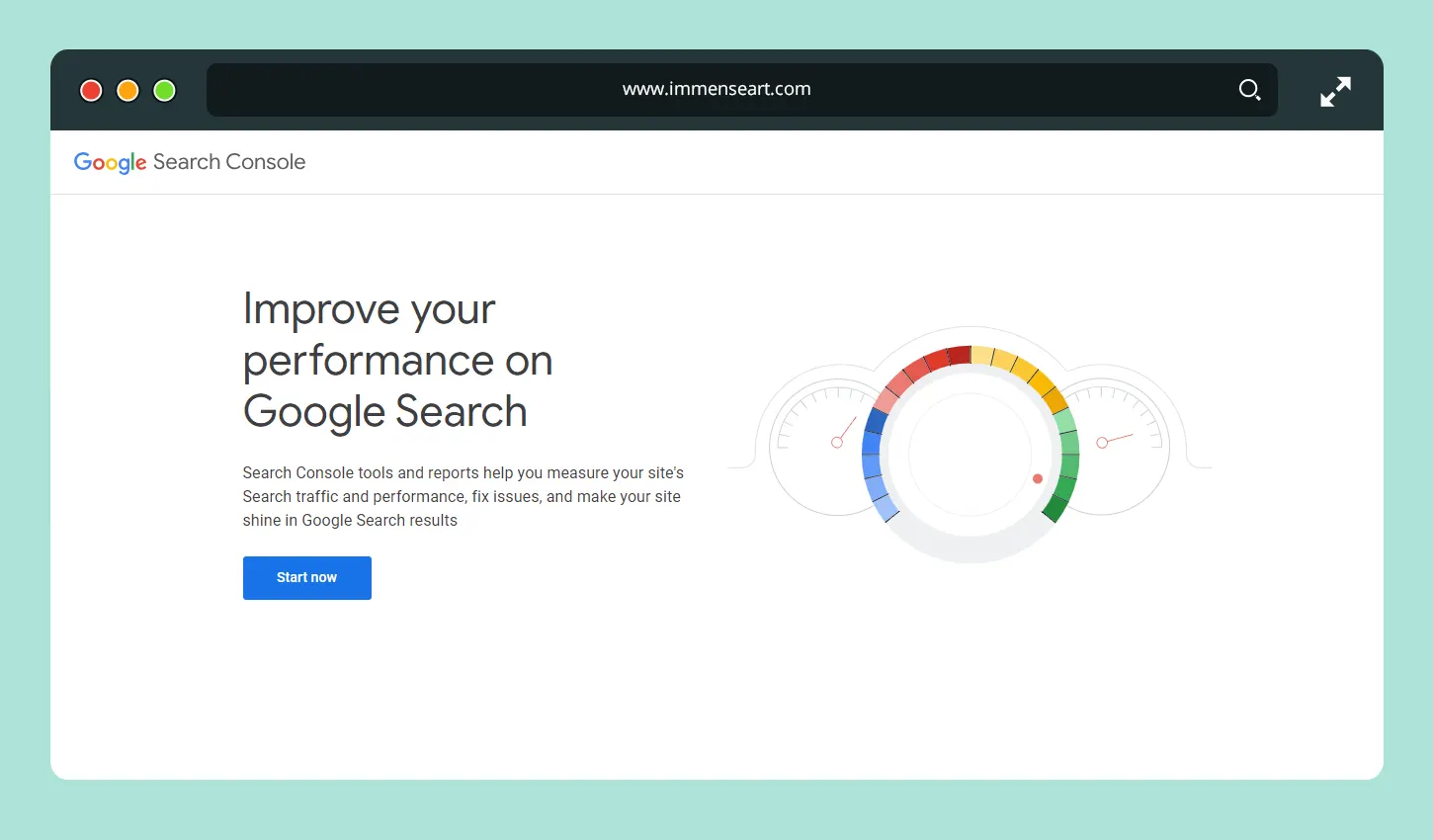
Google Search Console is a free tool offered by Google that allows website owners to monitor their site’s performance in SERP. It provides valuable insights into search traffic, indexing status, and any issues that might affect the site’s visibility. Webmasters can use this tool to submit sitemaps, identify crawl errors, and view keyword data.
Google PageSpeed Insights
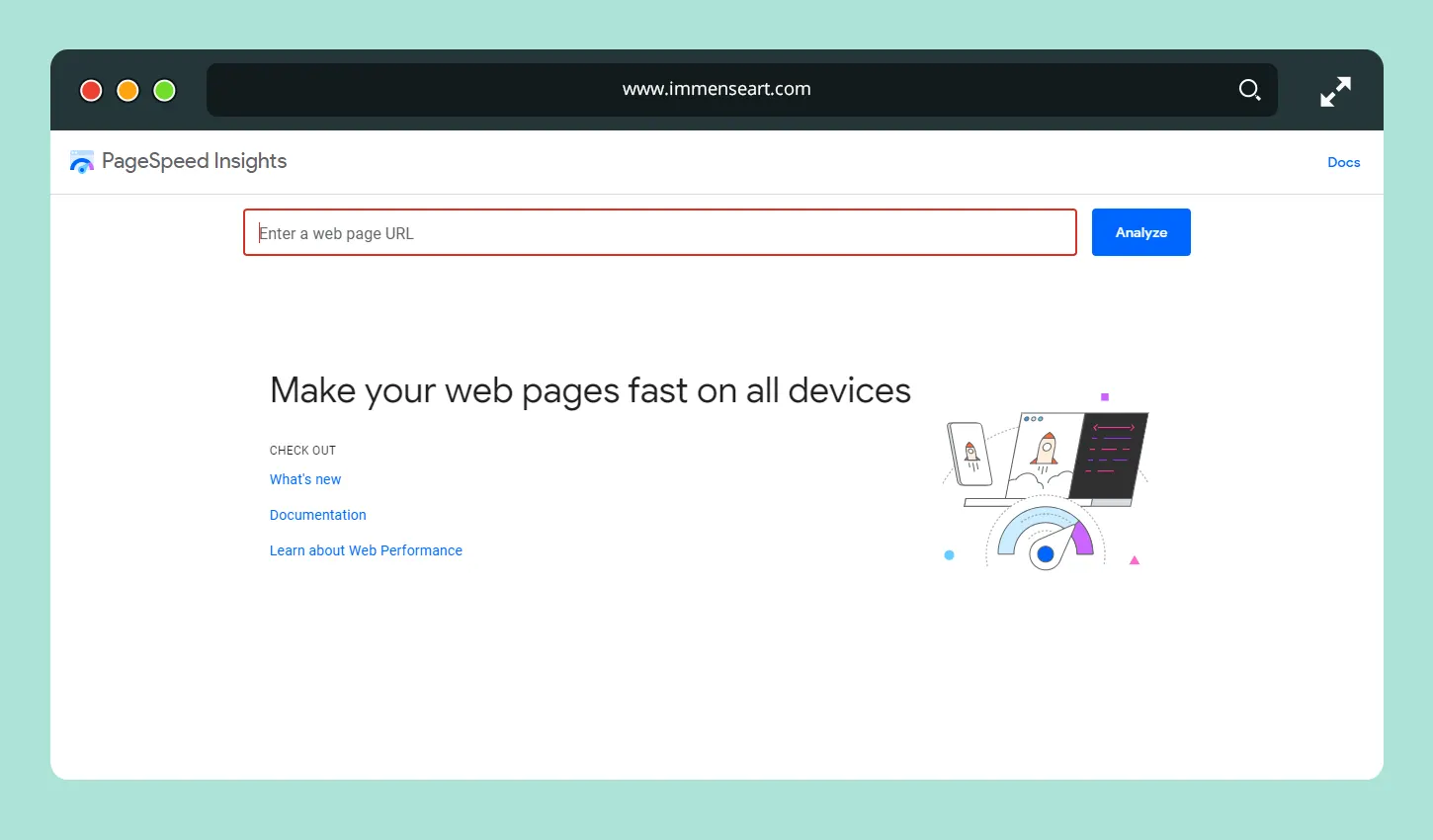
Page loading speed is a crucial factor in technical SEO and user experience. Google PageSpeed Insights helps website owners analyze the loading speed of their pages on both desktop and mobile devices. The tool provides suggestions for improvement, such as optimizing image sizes, leveraging browser caching, and modifying CSS and JavaScript files.
Google Mobile Friendly Test
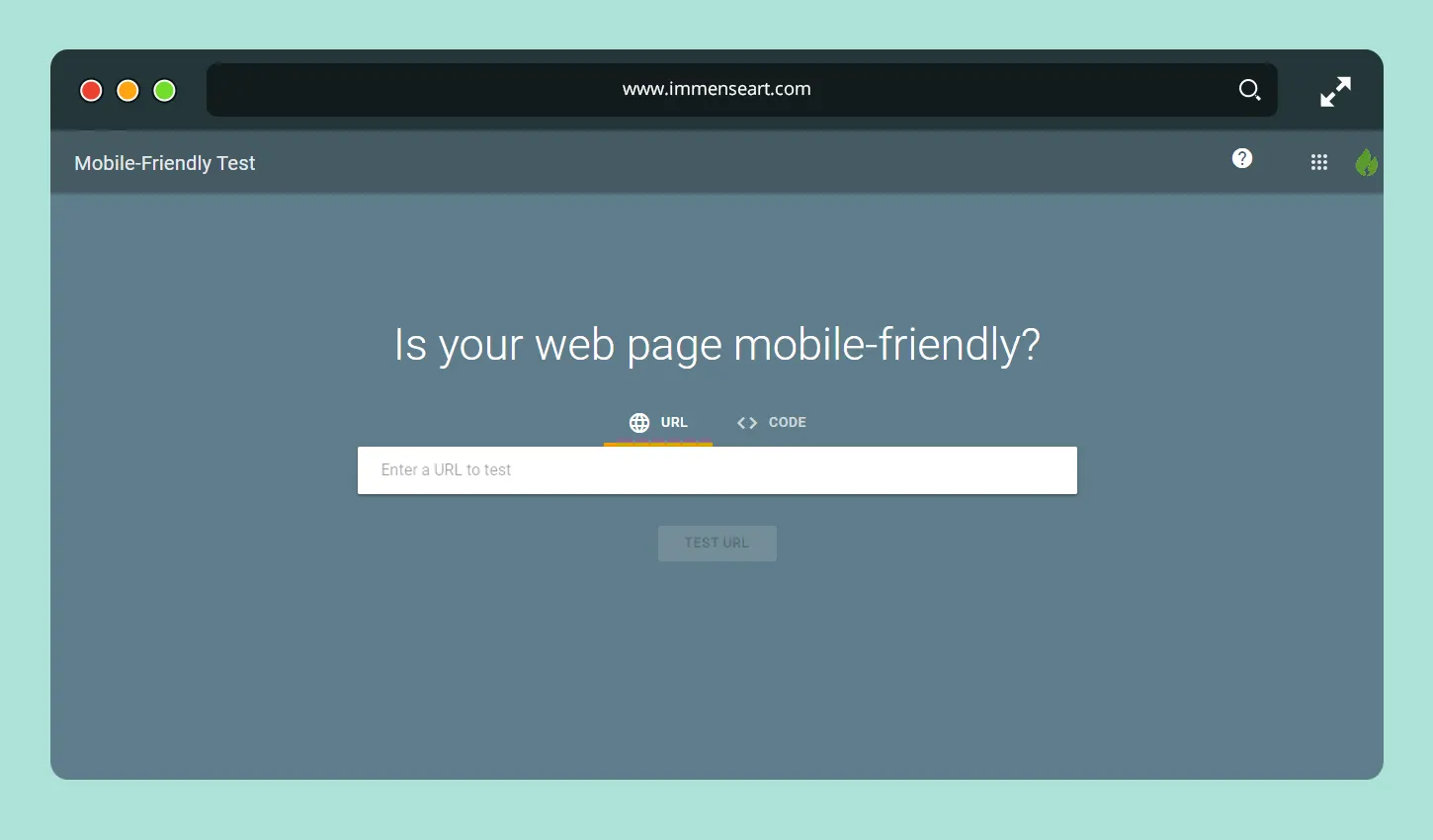
Given the increasing importance of mobile friendliness, Google provides a Mobile Friendly Test tool to check how well a website performs on mobile devices. It identifies mobile usability issues and offers recommendations for improvement.
DefiniteSEO
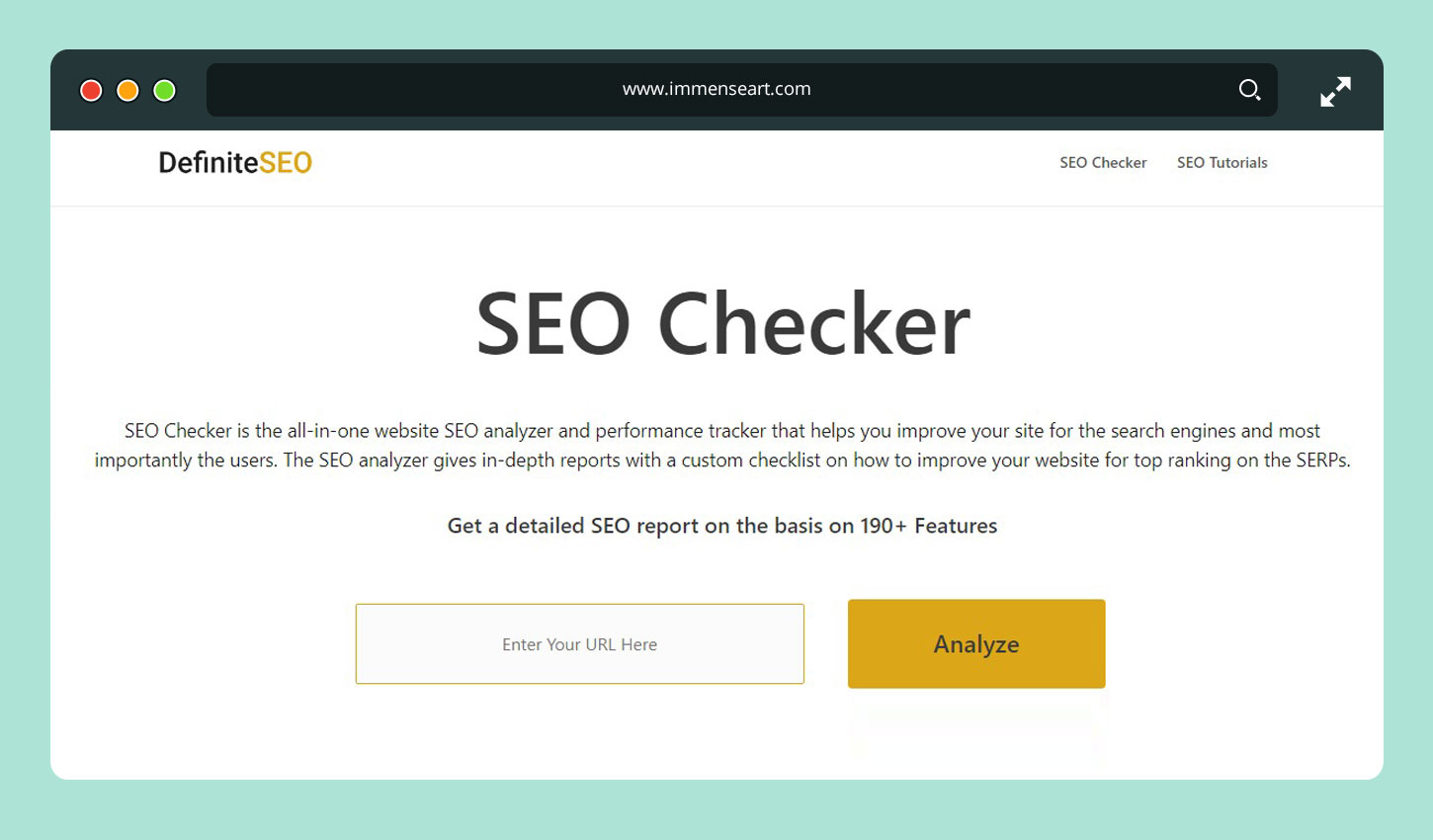
The SEO Checker tool provides significant insights into your website and improves the ranking. You can find test results for 190+ SEO tests that are crucial for ranking on the SERPs and based on the results optimize the website.
Screaming Frog
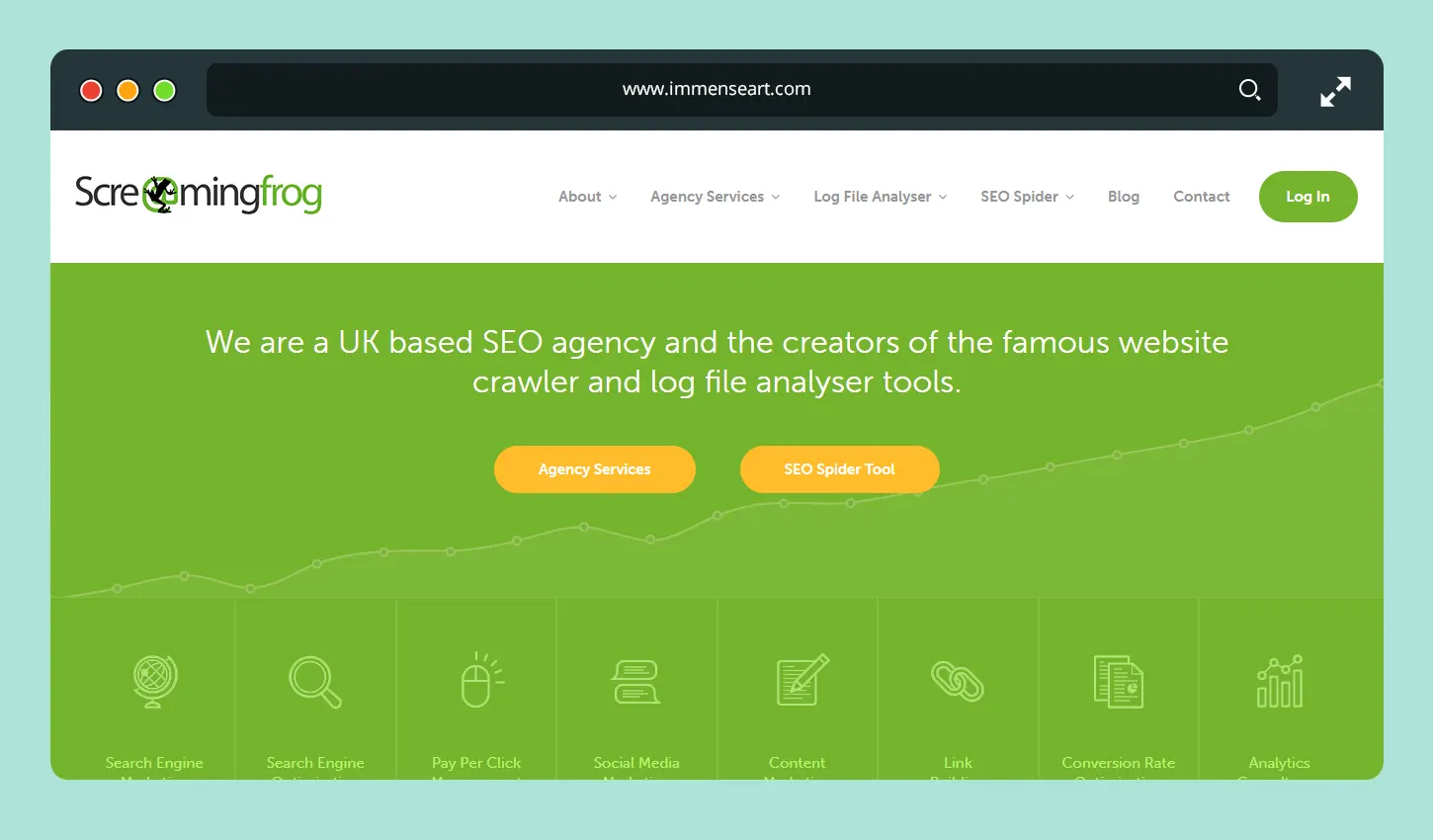
Screaming Frog is a powerful website crawler tool that provides valuable insights into a website’s technical aspects. It helps identify broken links, duplicate content, missing meta descriptions, and other on-page SEO elements that can impact search engine rankings.
HotSpot SEO
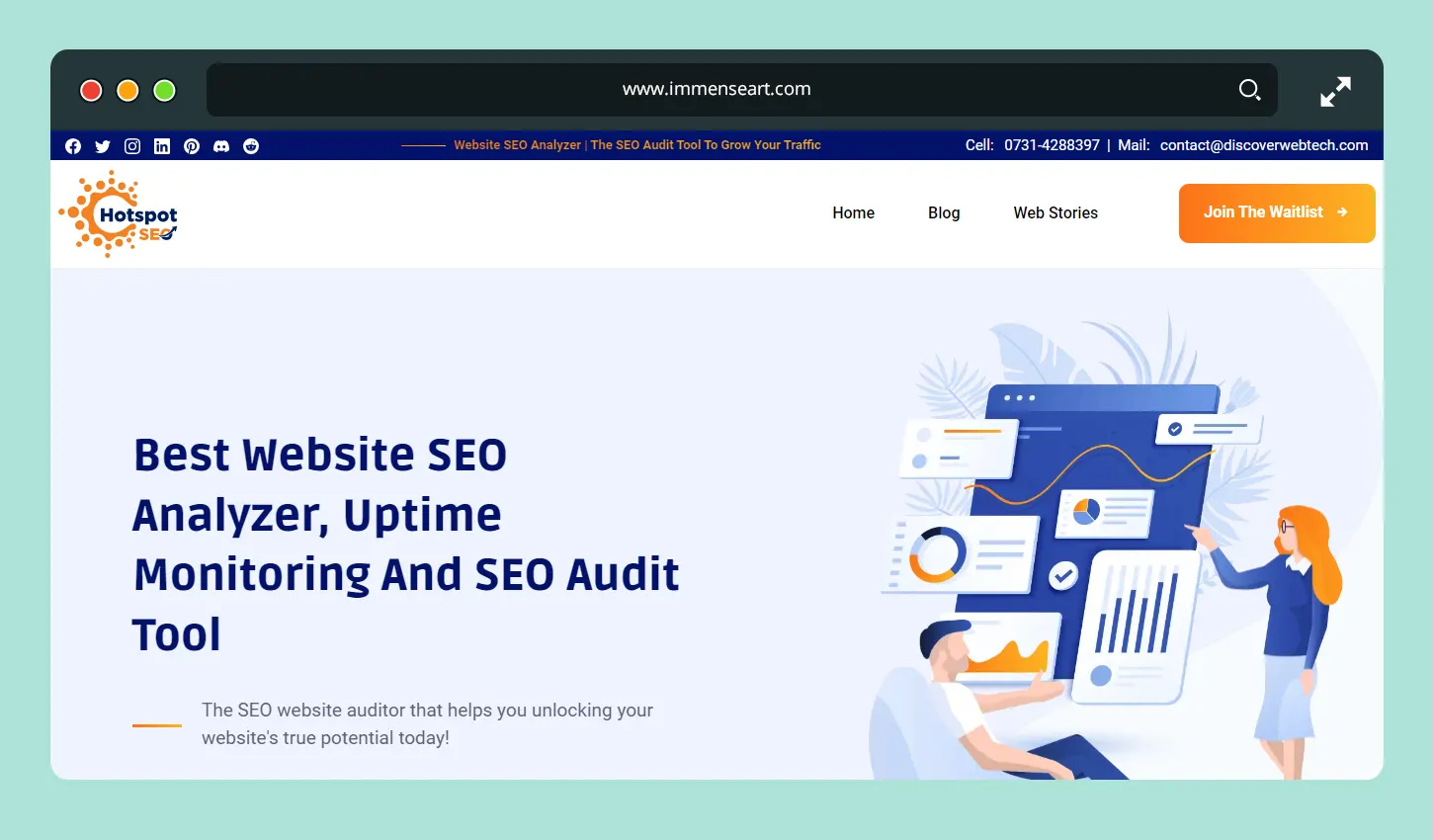
HotSpot SEO is a cutting-edge SEO audit tool that optimizes websites for higher search engine rankings. It offers Competitive SEO analysis tools to enhance online visibility and drive organic traffic effectively.
SEMrush

SEMrush is an all-in-one SEO analysis tool that offers a wide range of features, including technical SEO analysis. It can help identify technical issues, track keyword rank, perform competitive analysis, and even conduct backlink audits.
Moz Pro
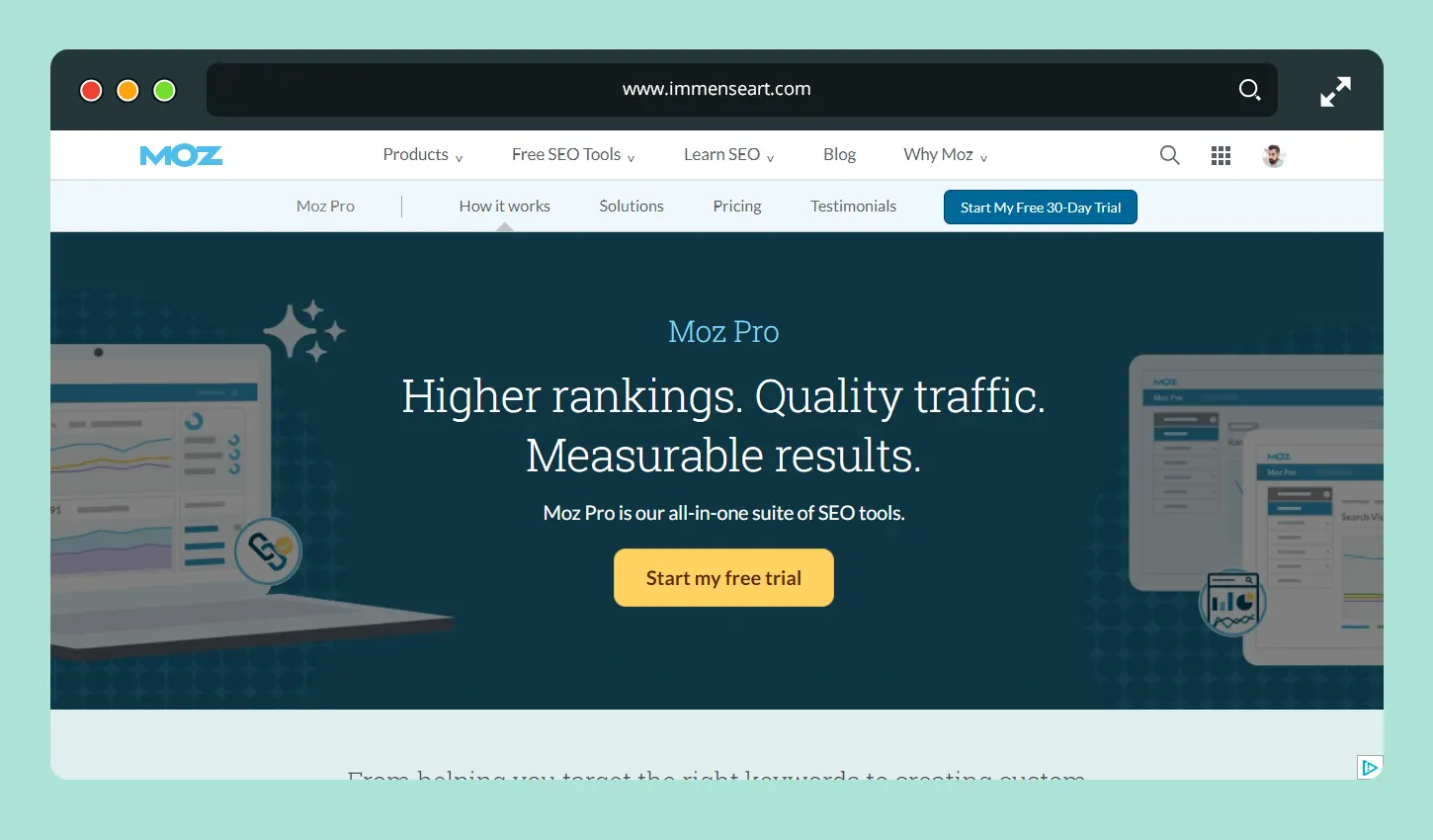
Moz Pro is another comprehensive SEO tool set that includes features for technical SEO. It offers site audits, keyword research, rank tracking, and backlink analysis, making it an asset for optimizing websites.
Ahrefs

Ahrefs is well known for its backlink analysis features and it also provides a number of technical SEO services. Webmasters can use it to explore issues affecting site performance, crawlability, and indexing.
GTMetrix
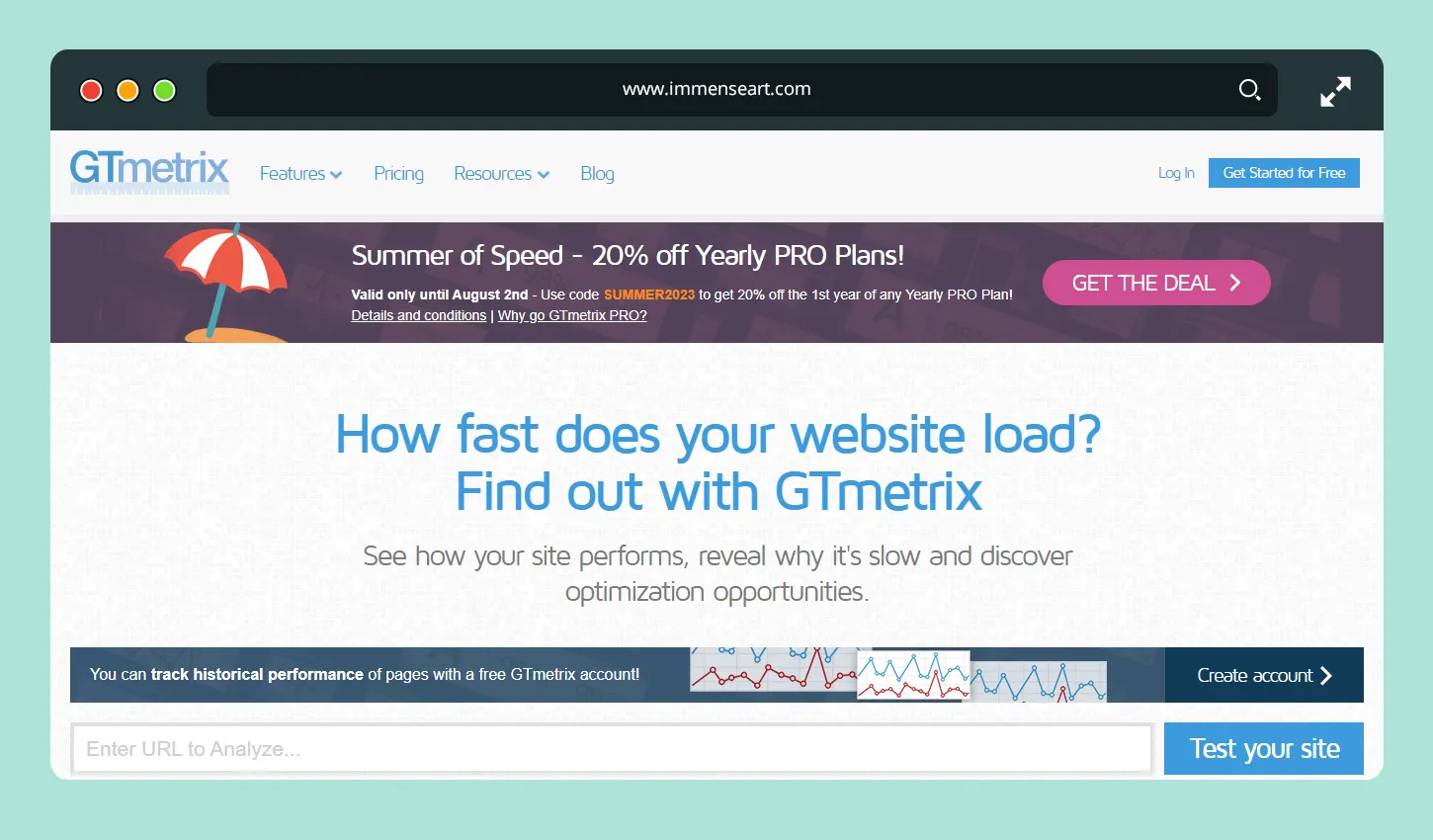
GTMetrix is a tool for analyzing website speed and performance. It provides detailed reports on page loading times and offers actionable recommendations for improving site speed.
RabbitLoader
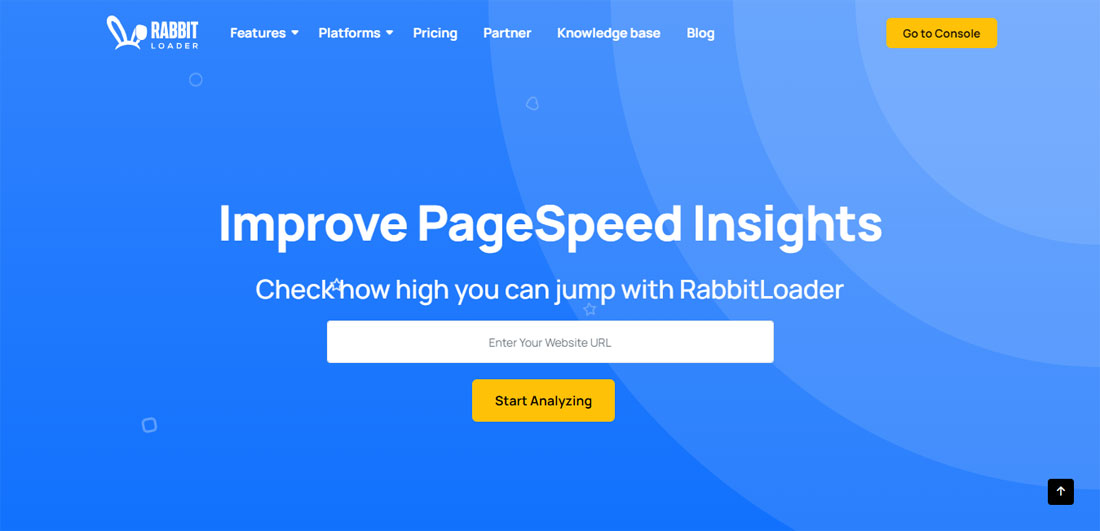
RabbitLoader, a tool offered by Google allows you to evaluate how well your web pages perform on mobile and desktop devices. It assigns a score, between 0 and 100 where higher scores indicate performance. Simply installing RabbitLoader will optimize the website within a matter of minutes without requiring the expertise of a professional or developer.
Lighthouse
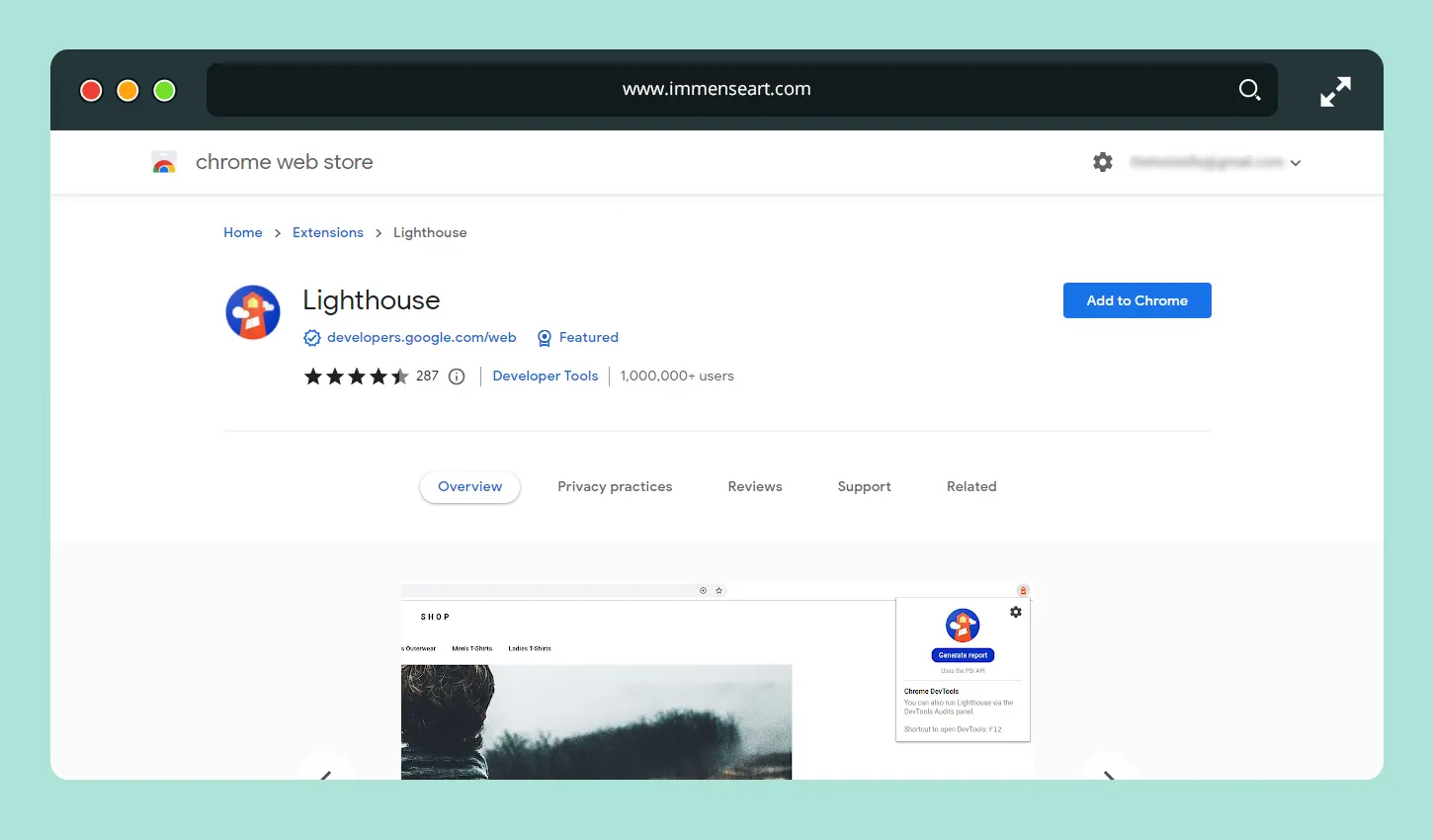
Lighthouse is an open-source tool developed by Google for auditing webpage performance. It evaluates website accessibility, SEO, performance, and more, providing a comprehensive overview of a site’s technical strengths and weaknesses.
Bing Webmaster Tools

While Google dominates the search market, it’s essential not to overlook other search engines. Bing Webmaster Tools offers similar functionality to Google Search Console and provides insights into a website’s performance in Bing search results.
Implementing Technical SEO Recommendations
Having access to technical SEO tools is one thing, but knowing how to implement their recommendations effectively is another. Here are some essential steps to follow:
Conduct Regular Audits
Regularly audit your website to identify technical issues and areas that need improvement. Addressing these issues promptly can lead to significant gains in search engine rankings and user experience.
Optimize Website Speed
Website speed is crucial for user experience and SEO. Compress images, leverage browser caching, minify CSS and JavaScript files, and consider using Content Delivery Networks (CDNs) to improve loading times.
Ensure Mobile Friendliness
Make sure your website is fully responsive and optimized for various devices and screen sizes. Google’s Mobile-Friendly Test and Mobile Usability Report in Search Console can be valuable resources in this regard.
Fix Broken Links And Redirects
Broken links negatively impact user experience and can lead to crawlability issues. Regularly check for broken links and implement 301 redirects for any pages that have moved or no longer exist.
Utilize Structured Data
Implement structured data markup to provide search engines with additional context about your content. This can lead to rich snippets in search results, improving visibility and click-through rates.
Monitor Indexing And Crawl Errors
Keep an eye on your site’s indexing status in Google Search Console and promptly address any crawl errors or indexing issues that may arise.
Optimize Meta Tags
Ensure that all essential meta tags, such as title tags and meta descriptions, are present and optimized for relevant keywords.
Focus On Accessibility
An accessible website benefits all users, including those with disabilities. Follow web accessibility best practices to improve user experience and cater to a broader audience.
Conclusion
Technical SEO is a fundamental aspect of modern website management, ensuring that a website is well optimized for search engines and offers a smooth user experience. The role of technical SEO tools in this process cannot be elaborated, as they provide valuable insights and recommendations for improving website performance, crawlability, and indexing.
By leveraging tools such as Google Search Console, Page Speed Insight, Screaming Frog, and others, webmaster and digital marketers can address technical issues quickly and pave the way for higher search engine rankings, increased organic traffic, and enhanced user satisfaction. As the digital landscape continues to evolve, investing time and effort in technical SEO and utilizing the right SEO Audit tools will remain crucial for website success in the long run.

